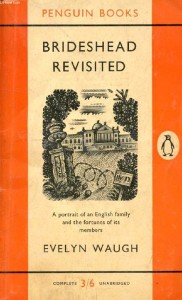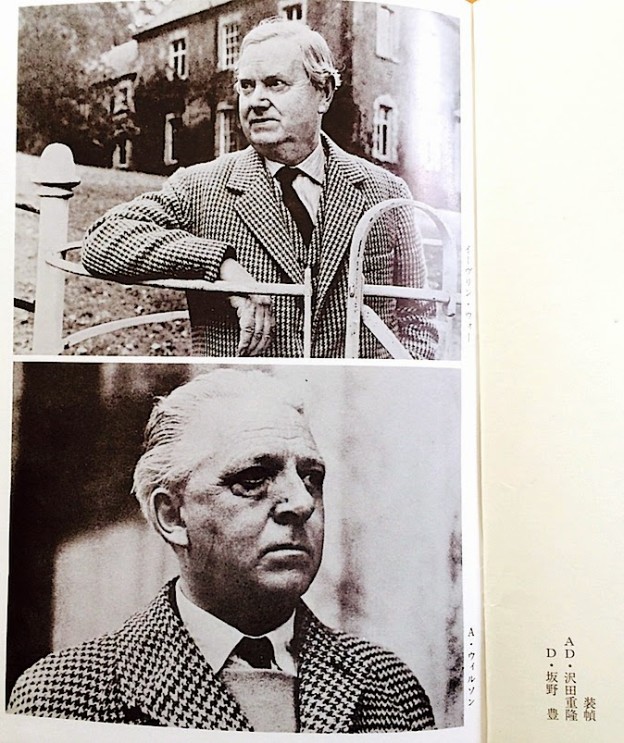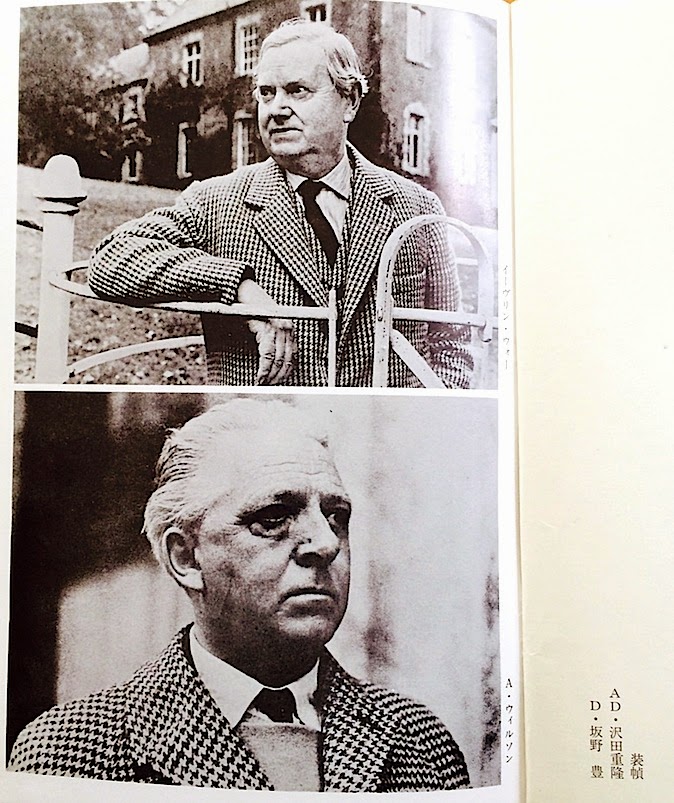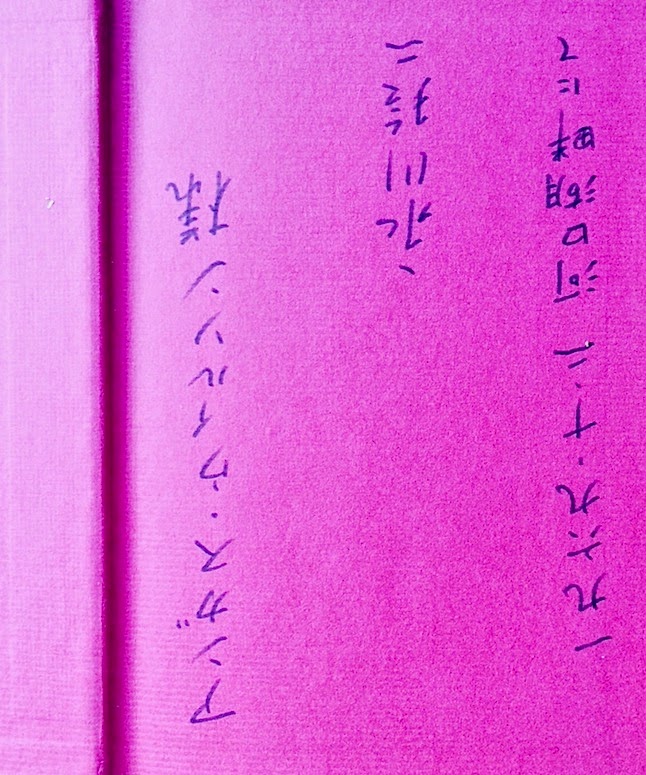 If you fancied a change of scene during WW2 there were problems that needed to be considered if you chose to stay in a hotel or B & B. In his wartime edition of Let’s Halt Awhile(1942) ‘ Ashley Courtenay ‘ offered this advice to the holidaymaker.
If you fancied a change of scene during WW2 there were problems that needed to be considered if you chose to stay in a hotel or B & B. In his wartime edition of Let’s Halt Awhile(1942) ‘ Ashley Courtenay ‘ offered this advice to the holidaymaker.
Book your accommodation well in advance. Do not assume “You will get in somewhere,”, it is very unlikely, and they do not encourage sleeping on the sands in war time.
If you want to get a meal en route, telephone ahead, or arrive very early. Pot luck means no luck and an empty pot.
Take your Ration Book with you AND your soap.
If you are lucky enough to have drinks of your own, there are few licensed hotels which would object to your bringing them with you. It would be polite to mention the matter, and invite the Proprietor to have one.
When traveling by long distance train, be on the platform half an hour before the train is due to start, that is to say if you want a seat. If there is a Restaurant Car on the train, get a ticket from the Attendant immediately you have fixed your seat.
If your Leave is unfortunately cancelled, have the courtesy to telegraph or telephone
the Proprietors at once. Someone else going on unexpected Leave might be glad of your room. Remember that British Hotels have limited single room accommodation, so share when you can.
Ashley Courtenay who, like the Good Food Guidefounder, Raymond Postgate (see previous Jots) who came later, compiled his accommodation guide both from personal visits and from the recommendations of others, had a lot of good things to say of the Easton Court Hotel, near Chagford, Devon. Continue reading

 This is the world of Evelyn Waugh’s 1930 novel Vile Bodies. The hero of the novel, Adam, becomes a society columnist – ‘Oh Nina, what a lot of parties’ he complains to his girlfriend – and the narrator adds:
This is the world of Evelyn Waugh’s 1930 novel Vile Bodies. The hero of the novel, Adam, becomes a society columnist – ‘Oh Nina, what a lot of parties’ he complains to his girlfriend – and the narrator adds:

